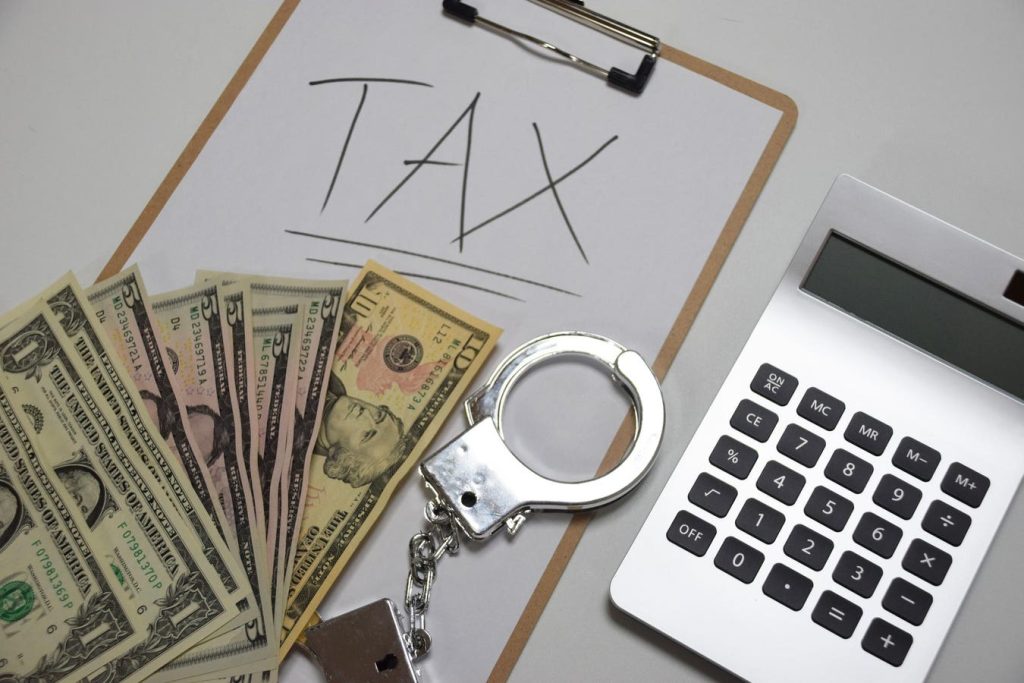Multi-State Conspiracy Exploits COVID-19 Relief Programs, Leading to $600 Million Fraud Indictment
The COVID-19 pandemic brought unprecedented economic challenges, prompting Congress to enact various relief programs, including the Employee Retention Credit (ERC) and the Paid Sick and Family Leave Credit (SFLC). Designed to incentivize businesses to retain employees and compensate them for COVID-related absences, these programs became targets for fraudulent activities. A recent federal indictment has charged seven individuals with orchestrating a multi-state conspiracy that sought to defraud the United States government of more than $600 million by filing over 8,000 false tax returns claiming these credits. The alleged scheme, operating from November 2021 to June 2023, highlights the vulnerability of relief programs to exploitation and the government’s ongoing efforts to combat fraud.
The indictment centers on Credit Reset, a purported credit repair business allegedly owned and operated by defendant Keith Williams. Williams, along with Jamari Lewis, Morais Dicks, Janine Davis, Tiffany Williams, James Hames Jr., and Ewendra Mathurin, are accused of acting as tax preparers and filing fraudulent tax returns on behalf of themselves and their clients. These returns allegedly claimed excessive SFLC amounts, improperly listed the same wages for both sick and family leave credits, and even claimed both SFLC and ERC for the same wages, all in violation of the law. The defendants are accused of profiting through direct receipt of refund checks and by charging clients fees or percentages of the refunds received.
The scope of the alleged fraud is staggering. The indictment alleges that the defendants sought over $600 million in fraudulent claims, with the IRS paying out approximately $45 million before detecting the scheme. Furthering their illicit activities, the conspirators allegedly recruited others into the scheme, compensating them with percentages of the fraudulently obtained funds. To conceal their involvement, the defendants allegedly omitted their names as paid preparers on the tax returns and utilized Virtual Private Networks to mask their IP addresses during filing. They also allegedly sold shell companies to clients lacking legitimate businesses, enabling them to file false returns.
The unraveling of the scheme began with the IRS and Social Security Administration (SSA) noticing discrepancies in the filed returns. Upon requesting further information, the defendants allegedly submitted false documentation to both agencies. Additionally, some defendants are accused of submitting fraudulent Paycheck Protection Program (PPP) loan applications, expanding the scope of their alleged criminal activity beyond the ERC and SFLC fraud.
The defendants now face a 45-count indictment, encompassing charges of conspiracy to defraud the United States, wire fraud, and aiding and assisting in the preparation of false tax returns. Keith Williams, Lewis, Mathurin, Davis, Tiffany Williams, and Dicks also face additional wire fraud charges related to the alleged PPP loan fraud. These charges carry significant penalties, including up to five years in prison for conspiracy, up to 20 years for each wire fraud charge related to the ERC scheme, up to 30 years for each wire fraud charge related to the PPP fraud, and up to three years for each count of aiding in the preparation of false tax returns.
This case underscores the challenges faced by government agencies in safeguarding relief programs from fraudulent activities. The complexity of the tax code, coupled with the urgency of distributing aid during a crisis, creates opportunities for exploitation. The alleged actions of these defendants not only represent a significant financial loss to the government but also undermine the integrity of programs designed to support businesses and individuals during times of hardship.
While the indictment represents a crucial step towards holding those responsible accountable, it’s important to remember that these are allegations. The defendants are presumed innocent until proven guilty, and the government bears the burden of proving its case beyond a reasonable doubt. However, if convicted, the defendants could face substantial prison sentences, reflecting the severity of the alleged crimes and the government’s commitment to vigorously prosecuting those who exploit relief programs for personal gain. The case serves as a stark warning to those considering engaging in similar fraudulent activities and highlights the ongoing need for robust oversight and enforcement mechanisms to protect the integrity of government relief programs.












